This content is restricted to subscribers
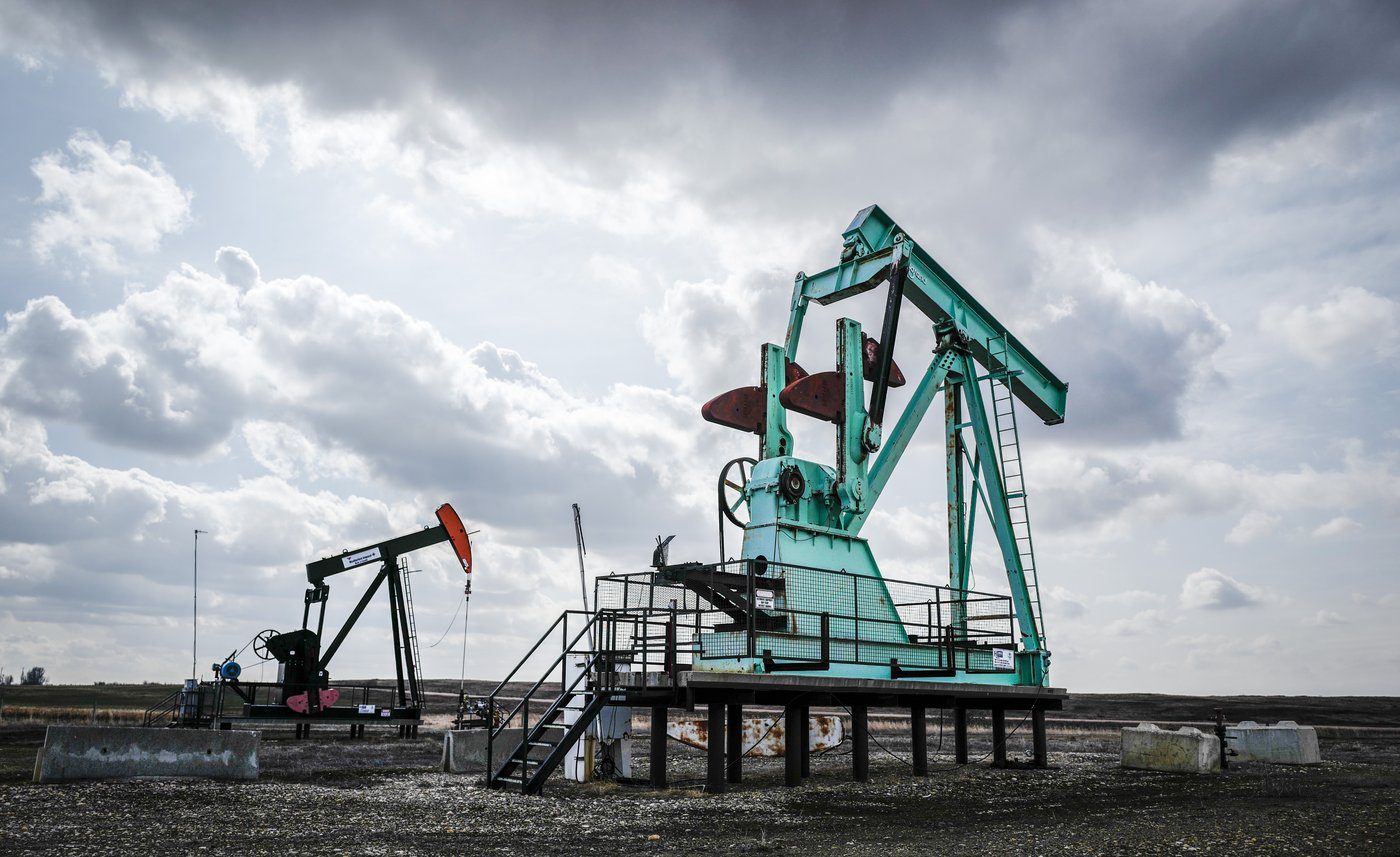
The views, opinions and positions expressed by columnists and contributors are the author’s alone. They do not inherently or expressly reflect the views, opinions and/or positions of our publication.

This content is restricted to subscribers
The views, opinions and positions expressed by columnists and contributors are the author’s alone. They do not inherently or expressly reflect the views, opinions and/or positions of our publication.
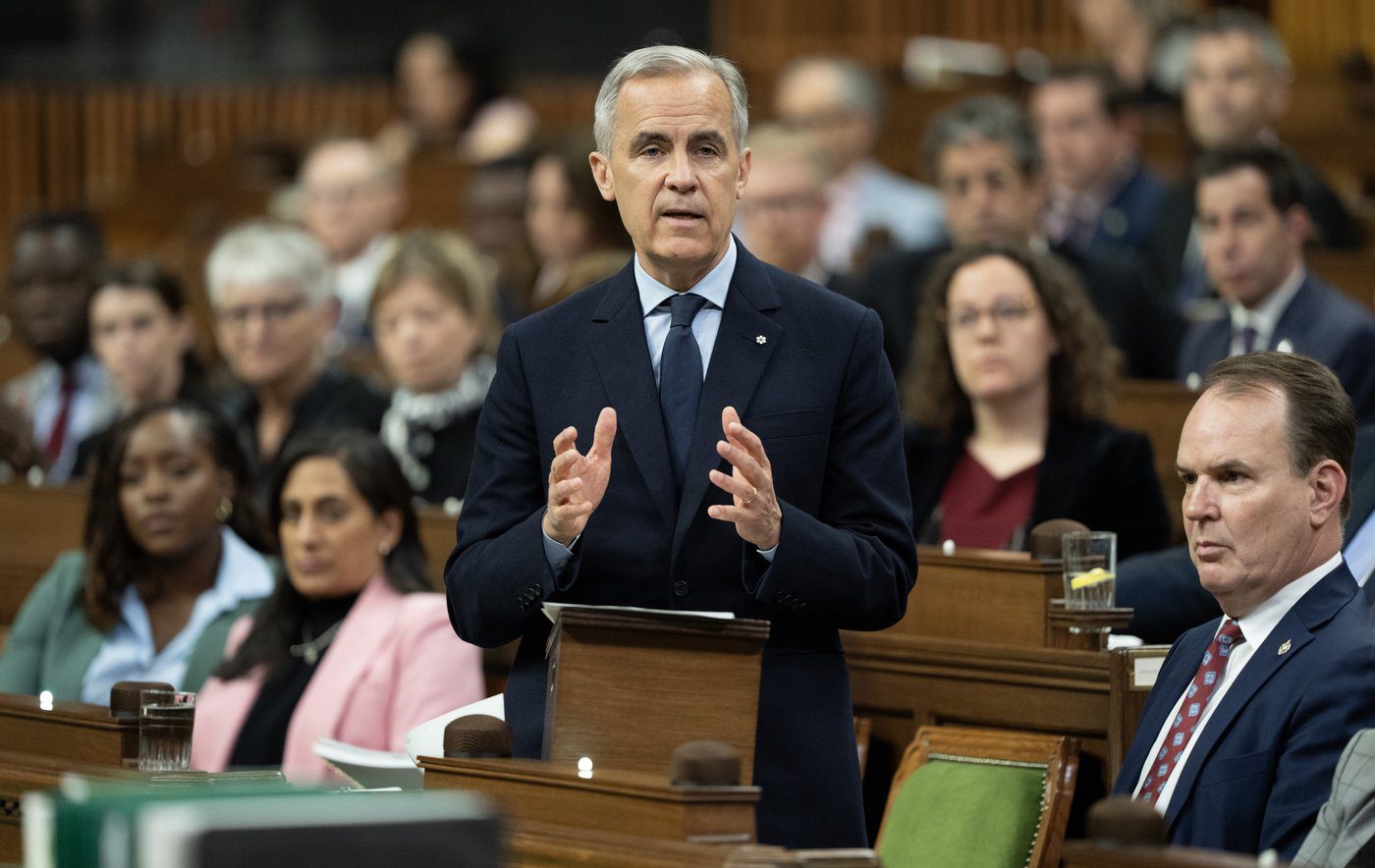
This content is restricted to subscribers
The views, opinions and positions expressed by columnists and contributors are the author’s alone. They do not inherently or expressly reflect the views, opinions and/or positions of our publication.
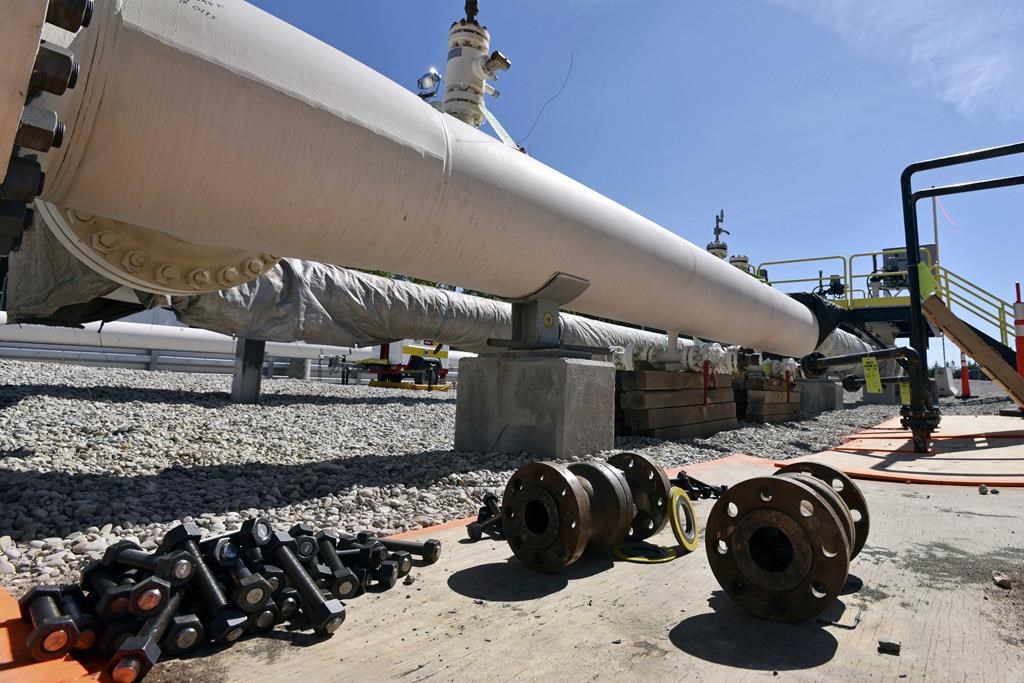
This content is restricted to subscribers
The views, opinions and positions expressed by columnists and contributors are the author’s alone. They do not inherently or expressly reflect the views, opinions and/or positions of our publication.
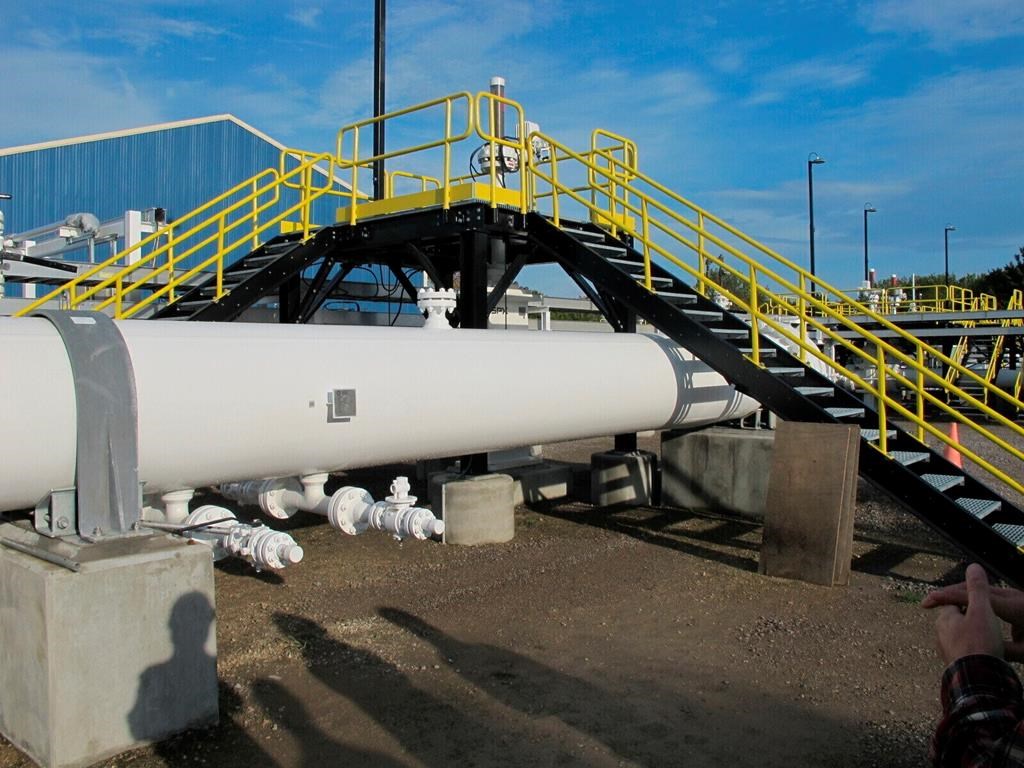
This content is restricted to subscribers
The views, opinions and positions expressed by columnists and contributors are the author’s alone. They do not inherently or expressly reflect the views, opinions and/or positions of our publication.
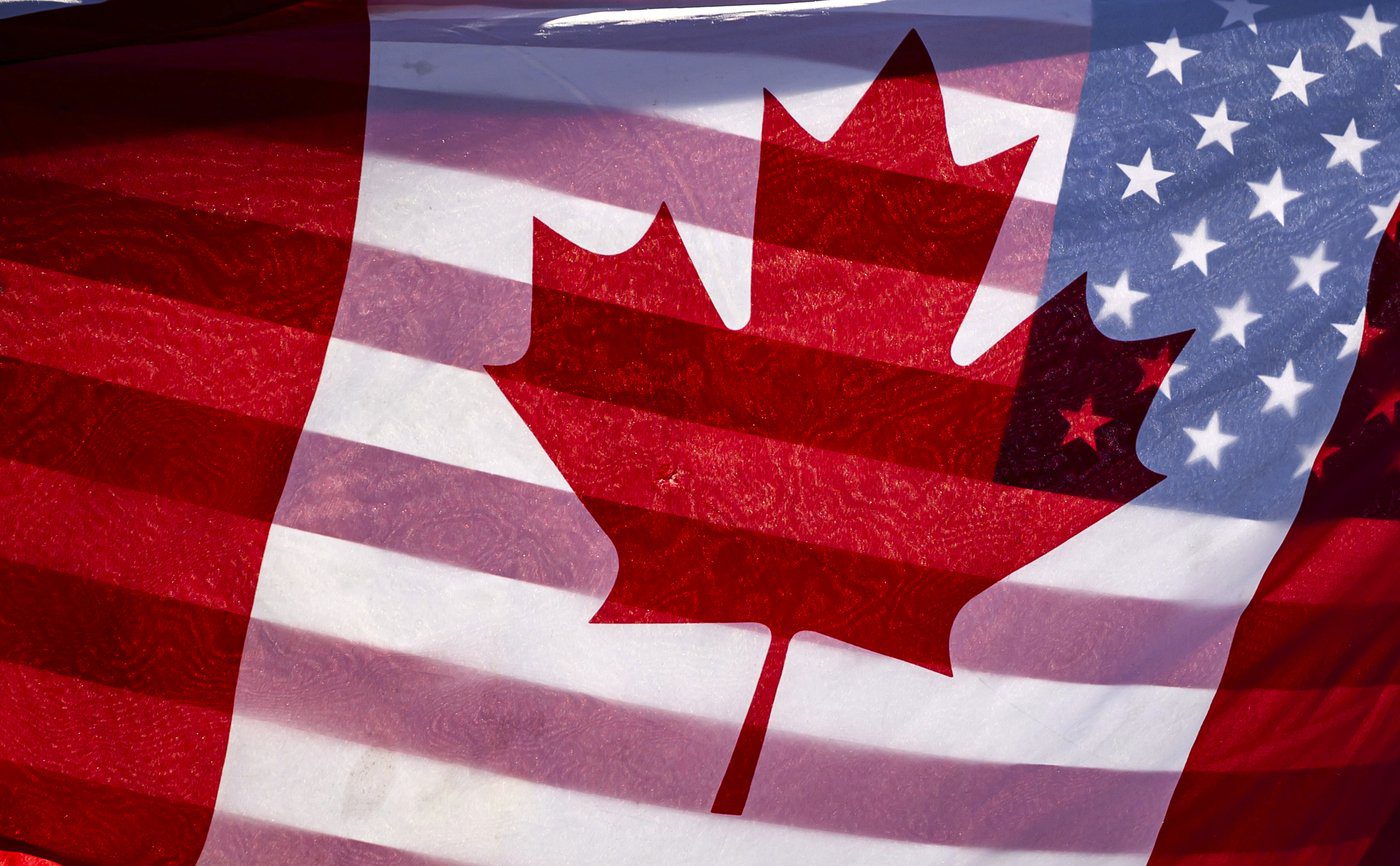
This content is restricted to subscribers
The views, opinions and positions expressed by columnists and contributors are the author’s alone. They do not inherently or expressly reflect the views, opinions and/or positions of our publication.
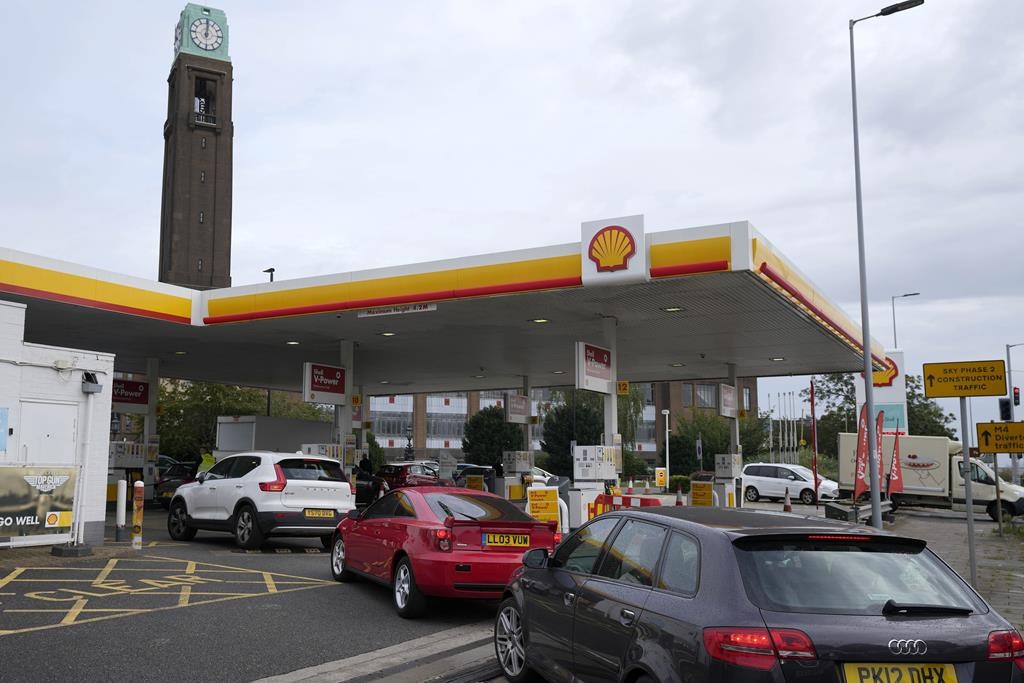
This content is restricted to subscribers
The views, opinions and positions expressed by columnists and contributors are the author’s alone. They do not inherently or expressly reflect the views, opinions and/or positions of our publication.
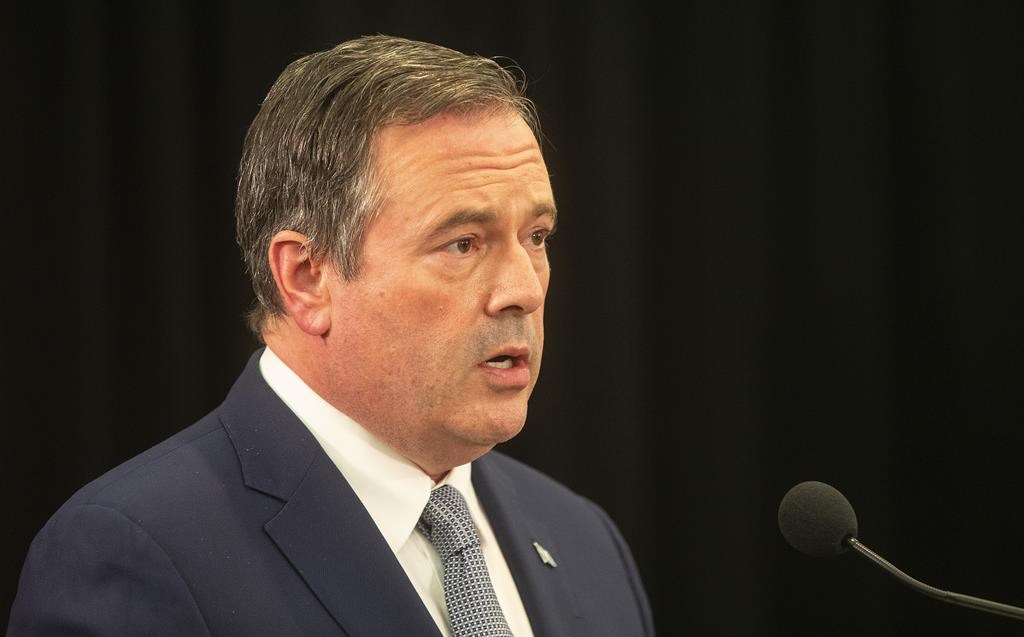
The clear majority of Albertans want the principle of equalization removed from the constitution.
Well, maybe not a clear majority. Slightly under 62 per cent of the around 38 per cent of eligible Albertans who voted in the recent municipal election voted that equalization should be dumped.
And Premier Jason Kenney suggests the referendum wasn’t really about killing the principle of equalization. For one thing, no single province can amend the constitution so the vote was a moot point.
Kenney says the referendum was really a lever to start negotiations with Ottawa about a “fair deal” for Alberta. It was about the big picture of how Alberta has been hard done by because the province’s oil and gas economic engine is being hampered by Ottawa’s plans to reduce Canada’s carbon emissions.
The referendum question didn’t really get into all that subtext. It just said: “Should Section 36(2) of the Constitution Act, 1982 – Parliament and the government of Canada’s commitment to the principle of making equalization payments – be removed from the Constitution?”
Voters who looked it up would know that the offending section says the government of Canada is committed to making payments to the provinces so they can all provide comparable levels of public services at reasonably comparable levels of taxation.
Some voters actually are aggrieved that their tax dollars get transferred to other other regions of the country. According to the provincial government, Albertans’ wealth is being transferred to provinces like Quebec where the provincial government is trying to strangle the Alberta oil and gas economy by opposing pipelines.
The premier suggests the majority referendum vote forces Ottawa to come to the table and discuss a much broader set of issues. He plans to rail against tanker bans and the long defunct Northern Gateway Pipeline and the inability of Ottawa to bring Joe Biden to his knees over Keystone XL.
He may toss in a few other nagging irritants between the two levels of government while he’s at it. The federal child care program isn’t finding favour with the UCP for instance.
Kenney spent more time during his remarks on the referendum on stymied pipelines and federal environmental legislation than the principle of equalization. It’s pretty tough to argue that Canadians living in have-not provinces don’t deserve the same services of those in wealthy provinces.
It is possible to quibble about the formula used to work out equalization transfers as being unfair to Alberta. But Kenney was a minister in the Conservative government that instituted the current equalization formula, so that’s a no-go zone.
No matter how few Albertans may have voted in the referendum or how confused the intent of the entire exercise may have been, Kenney at last has a win in a year of many painful losses. Fresh negative polls hint that his tenure as premier is hanging by a thread. His own party is anxious to test the waters at a leadership review in the spring.
While Covid numbers have finally begun to decline, the abysmal overall case count, hospitalization and death toll in Alberta are a grim legacy for the UCP regime.
Canada’s decades old commitment to equalization is in no danger from Alberta’s flurry at the ballot box. For any change, Kenney would need seven provinces on side. Only Saskatchewan is likely to rally to Alberta’s side on this one.
It’s also unlikely that the federal Liberals are going to walk back their environmental priorities and carbon-cutting policies to unfetter Alberta’s fossil fuel industry.
But for a brief time, the referendum win allows Kenney to change the channel and get back to his comfort zone. Railing at Ottawa is a time-tested strategy to buoy the fortunes of Alberta politicians.
When dealing with Ottawa, Kenney will use the vote to sum up Alberta’s current political sentiment as “we’re mad as hell and we’re not going to take it anymore.”
And for domestic consumption, the premier can site the referendum as proving he can still deliver the vote.
But more Albertans actually cast a ballot in provincial elections. And choosing a provincial government is more clear cut than messing with the Canadian Constitution.
The views, opinions and positions expressed by columnists and contributors are the author’s alone. They do not inherently or expressly reflect the views, opinions and/or positions of our publication.